
Pakistan’s Bhutto assassinated at rally
By SADAQAT JAN and ZARAR KHAN Associated Press Writers
Article Launched: 12/27/2007 02:15:23 AM PST
RAWALPINDI, Pakistan—Pakistan opposition leader Benazir Bhutto was assassinated Thursday in a suicide attack that also killed at least 20 others at the end of a campaign rally, aides said.
The death of the 54-year-old charismatic former prime minister threw the campaign for the Jan. 8 election into chaos and created fears of mass protests and an eruption of violence across the volatile south Asian nation.
The attacker struck just minutes after Bhutto addressed a rally of thousands of supporters in the garrison city of Rawalpindi, 8 miles south of Islamabad. She was shot in the neck and chest by the attacker, who then blew himself up, said, Rehman Malik, Bhutto’s security adviser.
At least 20 others were killed in the attack.
Bhutto was rushed to the hospital and taken into emergency surgery.
“At 6:16 p.m. she expired,” said Wasif Ali Khan, a member of Bhutto’s party who was at Rawalpindi General Hospital.
“The surgeons confirmed that she has been martyred,” Bhutto’s lawyer Babar Awan said.
Bhutto’s supporters at the hospital exploded in anger, smashing the glass door at the main entrance of the emergency unit. Others burst into tears. One man with a flag of Bhutto’s Pakistan People’s Party tied around his head was beating his chest.
Some at the hospital began chanting, “Killer, Killer, Musharraf,” referring to Pakistani President Pervez Musharraf, Bhutto’s main political opponent. A few began stoning cars outside.
“We repeatedly informed the government to provide her proper security and appropriate equipment including jammers, but they paid no heed to our requests,” Malik said.
Nawaz Sharif, another former premier and opposition leader, arrived at the hospital and sat silently next to Bhutto’s body. Earlier on Thursday, four people were killed at a rally for Sharif when his supporters clashed with backers of Musharraf near Rawalpindi.
TV channel in English-Dawn News from Pakistan.
Link is:
http://wwitv.com/a1/b4086.asx
This happened just the day before……….
PAKISTANI LEADER ESCAPES ATTEMPT AT ASSASSINATION
President Pervez Musharraf escaped an assassination attempt here on Thursday, the second in 11 days, when two suicide bombers plowed their vehicles into his motorcade and detonated car bombs.
He was unhurt, but Pakistani officials said the bombs had killed at least 14 people, including both bombers. At least 46 other people were wounded, they said.
It was the deadliest attempt on General Musharraf’s life since he reversed Pakistan’s support for the Taliban in Afghanistan and sided with the United States in 2001. The Bush administration relies on the general as an important ally in the fight against terrorism. But he has also been criticized for delaying the re-establishment of democracy in the country, failing to crack down on the Taliban and other Islamic militant groups and harassing critics.
Visibly shaken, General Musharraf appeared on national television Thursday night and blamed ”terrorists and extremists” for the attack.
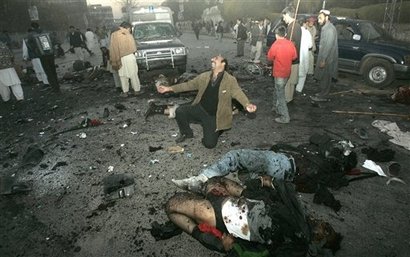
Pakistan: Al-Qaeda claims Bhutto’s death
Karachi, 27 Dec. (AKI) – (by Syed Saleem Shahzad) – A spokesperson for the al-Qaeda terrorist network has claimed responsibility for the death on Thursday of former Pakistani prime minister Benazir Bhutto.
“We terminated the most precious American asset which vowed to defeat [the] mujahadeen,” Al-Qaeda’s commander and main spokesperson Mustafa Abu Al-Yazid told Adnkronos International (AKI) in a phone call from an unknown location, speaking in faltering English. Al-Yazid is the main al-Qaeda commander in Afghanistan.
It is believed that the decision to kill Bhutto, who is the leader of the opposition Pakistan People’s Party (PPP), was made by al-Qaeda No. 2, the Egyptian doctor, Ayman al-Zawahiri in October.
Death squads were allegedly constituted for the mission and ultimately one cell comprising a defunct Lashkar-i-Jhangvi’s Punjabi volunteer succeeded in killing Bhutto.
Bhutto had just addressed a pre-election rally on Thursday in the garrison town of Rawalpindi when the bomb went off.
She had come to Rawalpindi after finishing a rapid election campaign, ahead of the January polls, in Pakistan’s volatile North West Frontier Province (NWFP) where she had talked about a war against terrorism and al-Qaeda.
.

Wild Thing’s comment……..
I put the second photo here, yes it is vile, horrible and hard to look at. BUT this IS the enemy and what they do. Too many, NOT at this blog, but too many simply read an article and go about their day. The reality of what an attack does like this is something unimaginable. But the truth is this is the kind of destruction that is on the agenda for America, our troops and all Christians and Jews, as well as their own fellow Muslims.
These followers of Islam do NOT value life at all, not even their own. That is what makes them more dangerous IMO then any other enemy the world has ever known. Parents being proud of their suicide bomber children, bragging about it, encouraging it from their own flesh and blood, young children being taught hate and how to kill as easily as our own American children are taught how to color in a coloring book and play the Twister game or jump rope.
“If we lose freedom here in America, there is no place to escape to. This is the last stand on Earth.”
– President Ronald Reagan
October 27, 1984

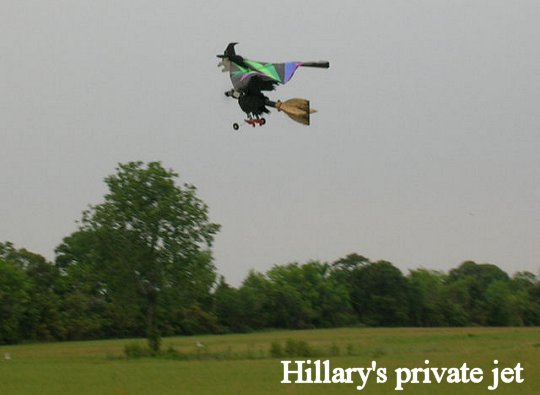
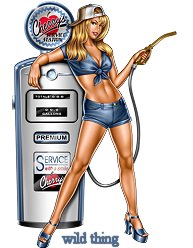
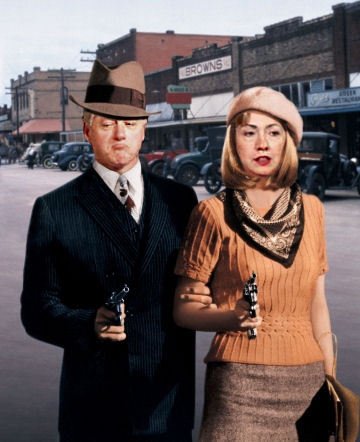



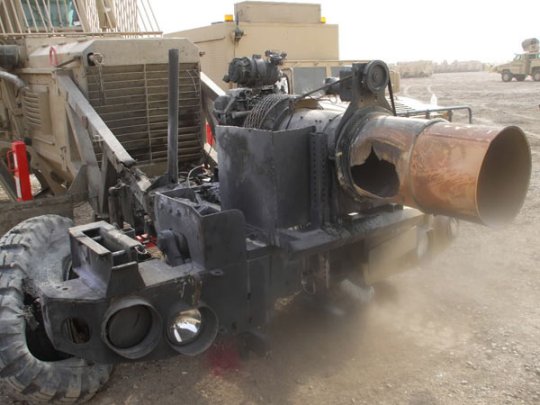
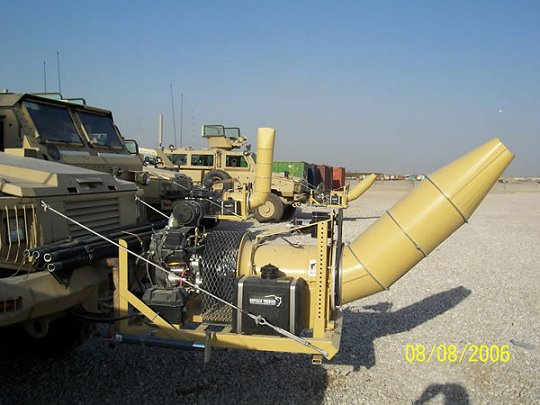

 ….Thank you Mark for sendnig this to me. This is good! The left needs to have how they are in their face as much as possible and this is good for that.
….Thank you Mark for sendnig this to me. This is good! The left needs to have how they are in their face as much as possible and this is good for that.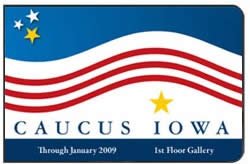


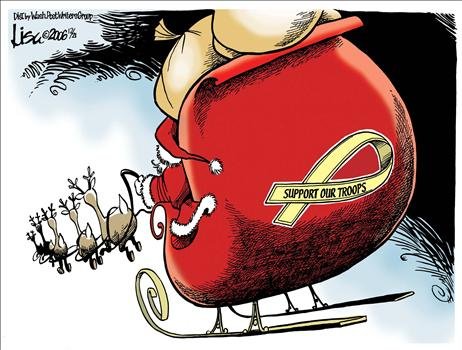
Recent Comments